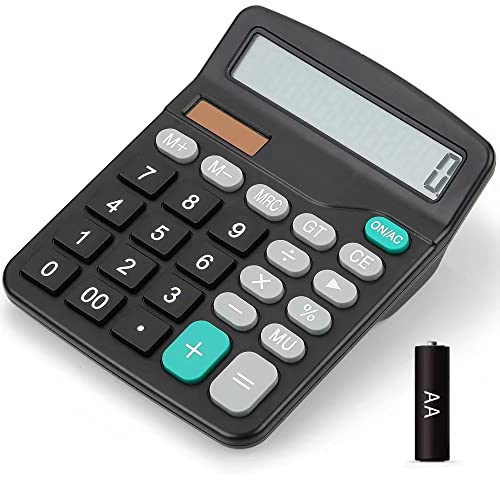What is Trigonometry?
Trigonometry is a branch of mathematics that deals with the study of the relationships between the sides and angles of triangles. It is widely used in a variety of fields such as engineering, physics, architecture, and navigation. Trigonometric formulas are used to solve problems related to angles, sides, and heights of triangles. The application of trigonometry is vast, and the trigonometric ratios are used to solve problems in a range of fields.
What is a Calculator?
A calculator is an electronic device that is used to perform mathematical calculations. A calculator can perform calculations such as addition, subtraction, multiplication, and division. Modern calculators can also perform advanced calculations such as trigonometry, logarithm, exponentials, and statistics. Calculators are readily available in various shapes and sizes, such as handheld calculators, scientific calculators, and graphing calculators. Calculators are designed to perform calculations quickly and accurately to save time and effort.
Using a Calculator for Trigonometry Calculations
The use of a calculator can aid in solving complex trigonometric problems more efficiently. Trigonometric formulas and ratios can be swiftly calculated using a calculator. A range of calculators available in today’s market are specifically designed to perform trigonometric functions, thus making the computation of complex trigonometric problems easier. A calculator significantly eliminates the chances of human error in calculations, which is prevalent in manual calculations.
Types of Calculators used for Trigonometry Calculations
There are two primary types of calculators used for trigonometry calculations, handheld and scientific calculators. Handheld calculators are used to perform basic calculations, including addition, subtraction, multiplication, and division. On the other hand, scientific calculators are designed for solving complex mathematical problems, including trigonometric functions. Scientific calculators have a wider range of functions and features, including scientific notation, graphing functions, and matrix calculations. Some other calculators are also available for specific trigonometric functions like sine, cosine, and tangent.
The Advantages of using a Calculator for Trigonometry Calculations
The use of a calculator can provide various benefits when solving trigonometric problems. The benefits include higher accuracy, faster calculations, and a reduced probability of human errors. A calculator can also help solve trigonometric formulas, ratios, and functions more easily and conveniently. Moreover, a calculator can streamline complex processes, leading to more efficient problem-solving. These benefits therefore highlight the necessity to use calculators for trigonometry calculations.






